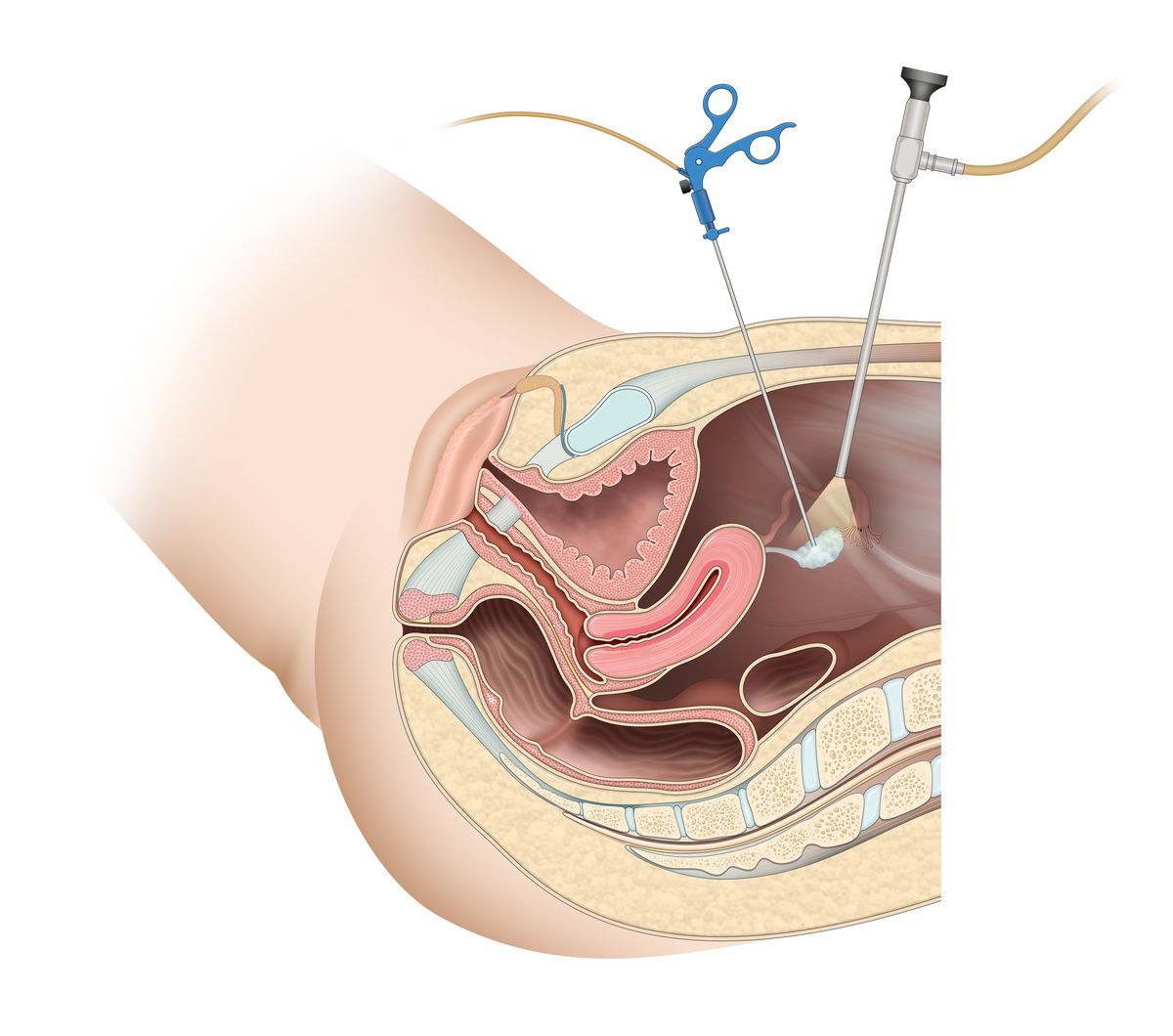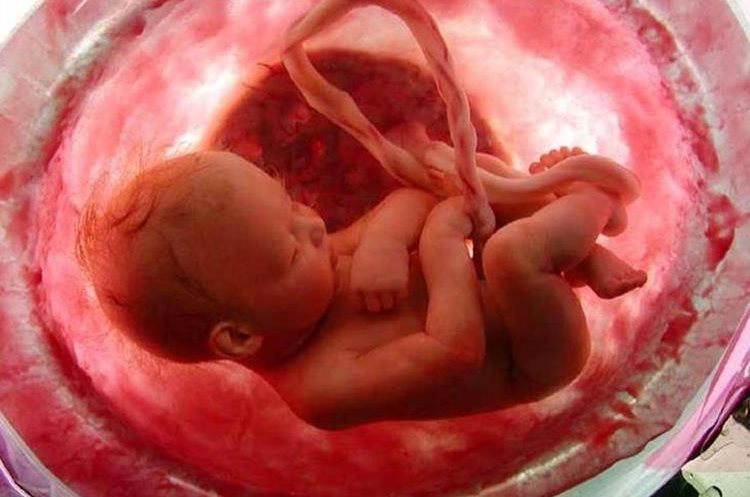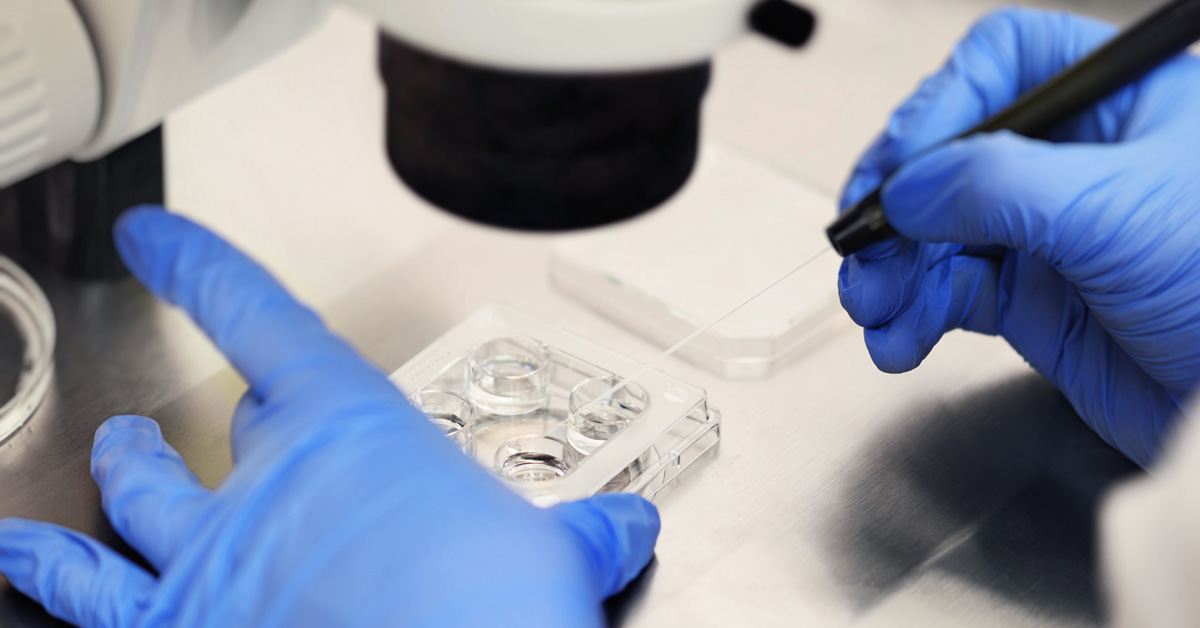Laparoscopy vs. Hysteroscopy: Which is Best For Your Fertility Journey
When facing fertility challenges, understanding your diagnostic and treatment options becomes crucial to moving forward. Two common minimally invasive procedures, laparoscopy and hysteroscopy, play distinct yet complementary roles in fertility evaluation and treatment. Each offers unique benefits depending on your specific fertility concerns, but determining which is right for your situation requires careful consideration of their differences and applications.
At Chedid Grieco, we provide personalized reproductive medicine services tailored to your individual fertility journey, helping you navigate these important decisions with expert guidance and compassionate care.

Understanding the Key Differences Between Laparoscopy and Hysteroscopy
Laparoscopy and hysteroscopy differ primarily in where and how they examine the reproductive system, making each procedure valuable for different fertility concerns.
Laparoscopy: Examining the Outside
Laparoscopy allows visualization of the external reproductive organs, including:
- Ovaries and fallopian tubes
- Outer uterine surface
- Surrounding pelvic structures
- Potential areas of endometriosis or adhesions
During this procedure, a thin, lighted instrument, known as the laparoscope, is inserted through small incisions in the abdomen, allowing the surgeon to examine the pelvic cavity. Laparoscopy requires general anesthesia and typically involves 2 to 3 small incisions in the abdominal area.
Hysteroscopy: Looking Inside
Hysteroscopy, in contrast, examines the inside of the uterus, focusing on the following:
- Uterine cavity
- Cervical canal
- Fallopian tube openings
- Intrauterine abnormalities like polyps or fibroids
This procedure involves inserting a thin, flexible scope, or hysteroscope, through the vagina and cervix to examine the uterine cavity. Hysteroscopy may be performed under local anesthesia, conscious sedation, or general anesthesia, depending on whether it’s diagnostic or operative in nature.
When Laparoscopy May Be Recommended For Your Fertility Goals
Laparoscopy offers both diagnostic and treatment capabilities for several fertility-related conditions. These conditions include the following:
Diagnosis and Treatment of Endometriosis
Endometriosis, a common cause of infertility, occurs when tissue similar to the uterine lining grows outside the uterus. Laparoscopy is the gold standard for diagnosing endometriosis, as these lesions are typically not visible through other imaging methods. During the same procedure, the surgeon may remove endometriotic implants, which may improve fertility prospects.
Evaluation and Repair of Fallopian Tubes
Blocked or damaged fallopian tubes can prevent sperm from reaching the egg or a fertilized egg from traveling to the uterus. Laparoscopy allows for:
- Visual inspection of the tubes
- Assessment of tubal patency when combined with chromopertubation (dye test)
- Surgical repair of damaged tubes
- Removal of blockages or adhesions that may affect fertility
If you think this may be the best option for you, our fertility specialists can provide you with more information.
Ovarian Cyst Management
While many ovarian cysts are harmless, some may affect fertility or cause pain. Laparoscopy enables the surgeon to:
- Closely examine ovarian cysts
- Remove problematic cysts while preserving ovarian tissue
- Drain fluid-filled cysts
- Diagnose conditions like polycystic ovary syndrome (PCOS)
If you are suffering from ovarian cysts, laparoscopy may be the right option.
When is Hysteroscopy Typically Preferred For Your Fertility Journey?
Hysteroscopy addresses several intrauterine conditions that may affect fertility, like the following:
Polyp or Fibroid Removal
Uterine polyps and fibroids, even small ones, can interfere with embryo implantation or cause abnormal bleeding. Hysteroscopy allows for direct visualization of these growths, precise removal without damaging the surrounding uterine tissue, and preservation of the uterine environment for future pregnancies.
Correction of Uterine Abnormalities
Congenital or acquired uterine abnormalities, such as a uterine septum or adhesions, may contribute to recurrent pregnancy loss or implantation failure. Hysteroscopy enables the following:
- Detailed examination of the uterine cavity
- Surgical correction of structural issues
- Removal of adhesions or scar tissue
- Reshaping of the uterine cavity to improve pregnancy outcomes
Our fertility specialist can further discuss this option if it would benefit your fertility journey.
Evaluation of Recurrent Pregnancy Loss
For individuals experiencing recurrent miscarriages, hysteroscopy may identify previously undetected uterine factors, such as:
- Subtle uterine malformations
- Endometrial polyps
- Intrauterine adhesions
- Chronic endometritis (inflammation of the uterine lining)
If you have dealt with recurrent pregnancy loss, a hysteroscopy can be important in determining the best path forward for your fertility journey.
Learn More About the Options Available For Your Fertility Journey Today
At Chedid Grieco, we specialize in offering personalized reproductive medicine services for individuals facing fertility challenges. Our team provides comprehensive evaluations to determine which procedures may benefit your fertility journey, always considering the least invasive approach first. Our cutting-edge laboratory in São Paulo, Brazil, utilizes advanced technology in reproductive medicine, ensuring high-quality care at more affordable rates than many US clinics. With nearly 30 years of experience, our team has helped thousands of patients achieve their dream of parenthood through tailored treatment plans.Consultations are conveniently available in Miami, Florida, allowing for expert guidance close to home, while treatments take place in Brazil. Contact us through our contact form or call (305) 912-0050 to learn more about how we can help you navigate your fertility journey with expert care and support.







